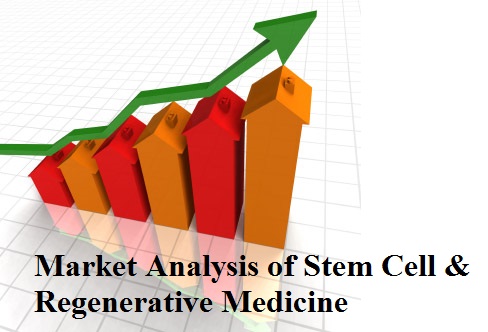Collin Looi Seng Kim
Universiti Putra Malaysia, Malaysia
Title: Effect of systemic administration of granulocyte-colony stimulating factor on rate of bone fracture healing
Biography
Biography: Collin Looi Seng Kim
Abstract
Granulocyte-Colony Stimulating Factor (G-CSF) is a native hematopoietic cytokine produced by fibroblasts, monocytes and endothelial cells, which primarily regulate neutrophil production and upregulates mesenchymal stem cell proliferation within the bone marrow and peripheral circulation. These mesenchymal stem cells have been described as key components involved in bone fracture healing. We hypothesized that by increasing the concentration of these mesenchymal stem cells by systemic administration of G-CSF, the rate of fracture healing could be expedited, potentially opening doors for further clinical applications. A caprine based animal study was done to assess the effect of systemically administered G-CSF on the rate of bone fracture healing involving 2 groups (control group and G-CSF group) with 5 animals in each group. Rate of fracture healing was assessed via radiographic methods
using a validated score measuring the parameters of bridging and union. Results revealed a median time to bridging of 7 weeks in the control group and 4 weeks in the G-CSF group (interquartile range of 0.5 weeks in both groups), while a median time to union of 13 weeks in the control group and 8 weeks in the G-CSF group (interquartile range of 1.5 weeks in both groups). A Mann-Whitney U test demonstrated a significant difference between the control group and G-CSF group in relation to bridging (p-value 0.008) and
union (p-value 0.008) times. This confirmed our research hypothesis that systemic administration of G-CSF produces an optimized fracture-healing rate.

